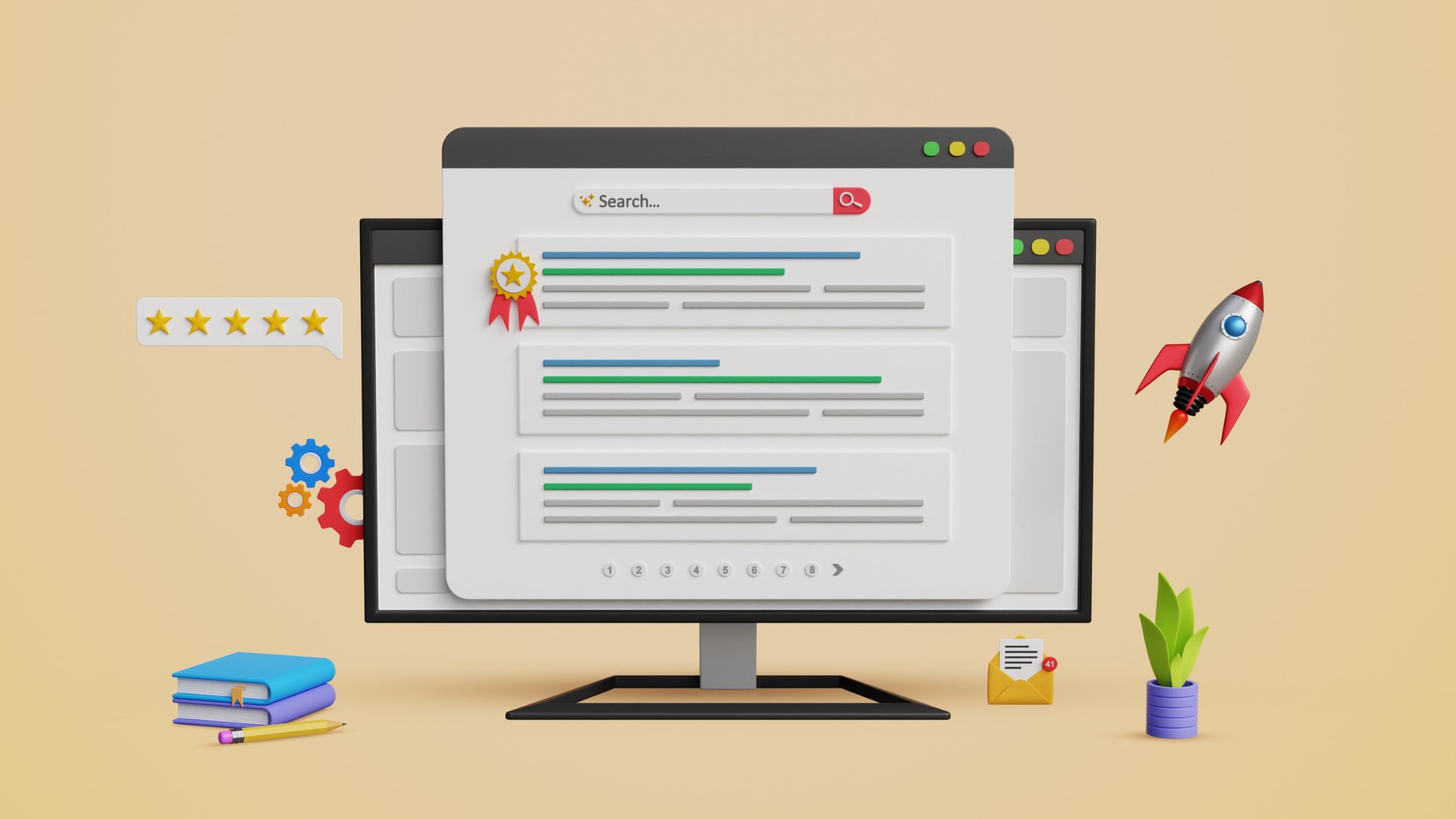As society navigates the 'new normal' post-COVID-19, job interviews have shifted to a hybrid model of online and face-to-face interactions. Embracing technology is crucial for maintaining professionalism and assessment standards akin to traditional interviews.
This article explores best practices for conducting online interviews to adapt to the evolving recruitment landscape.
Several popular platforms are commonly used for online interviews, each offering unique features suited to different needs:

Widely regarded as the most popular option, Zoom offers screen sharing and meeting recordings among its features.

Integrated with Google Calendar and Google Docs/Slides, Google Hangouts facilitates automatic scheduling and easy implementation of assessments and presentations.

This platform does not require any downloads, and candidates must 'knock' before entering the chat room, allowing hosts to prepare off-camera.

Offering seamless communication, Skype is free to use and suitable for both personal and professional video interviews.

Integrating chat, video meetings, and file sharing, Microsoft Teams simplifies scheduling, enables face-to-face interaction, and allows real-time communication, making it an ideal platform for online interviews.
EXTRA TIP: Experiment with a few platforms if you are not familiar with the various options available and find out what you're most comfortable with.

Effective communication and guidance are essential for ensuring a smooth interview process. Providing clear instructions to candidates regarding the interview platform and offering support in navigating technical difficulties can enhance the candidate experience and prevent interruptions during the interview.
EXTRA TIP: Always prepare a plan B method of remote interviewing in the case of unforeseen technological difficulties. This could be a simple phone call or WhatsApp video call.
Technical issues can disrupt interviews and leave a negative impression on candidates. Therefore, it's crucial to conduct thorough system tests before each interview to ensure smooth video calling capabilities. Promptly informing candidates of any delays due to technical issues maintains professionalism and manages expectations.
EXTRA TIP: If there are issues with your setup, do take the time to inform your candidate of a delay while you troubleshoot your issues. This serves to temper a candidate's expectations and maintains a level of professionalism.

Transitioning to online interviews requires interviewers to adapt their note-taking practices. While communication may differ over video, critical assessments of candidates can still be made based on their behavior and engagement during the interview. Taking note of notable details helps in making informed hiring decisions.

Recording interviews allows for comprehensive review and assessment, benefiting parties who were not present during the interview. Seeking feedback from candidates post-interview provides valuable insights for improving the hiring process and enhancing the candidate experience.
We at FastJobs hope that these best practices will go a long way in improving your virtual hiring experience. Transitioning from face-to-face interviews to virtual ones is a significant shift for any company, and we aim to make it a bit easier for you.
Ready to implement these strategies? Post your jobs with FastJobs today and streamline your hiring process effortlessly.

In Singapore’s job market, portals offer fast access while agencies provide tailored matchmaking.
Read more
Retail in SG is rising! Wage growth & skills training create new career paths. Explore jobs with FastJobs.sg.
Read more
Hiring faster starts here—Job Bump boosts your listing by 30%+ without needing a repost.
Read more